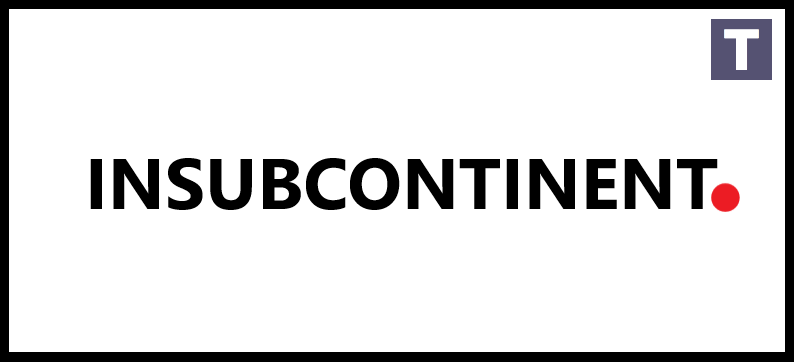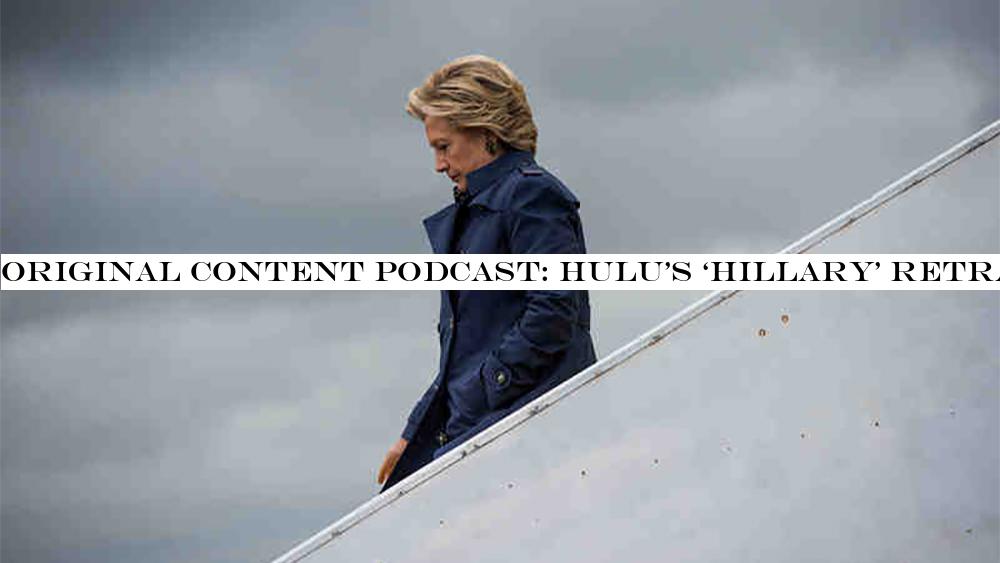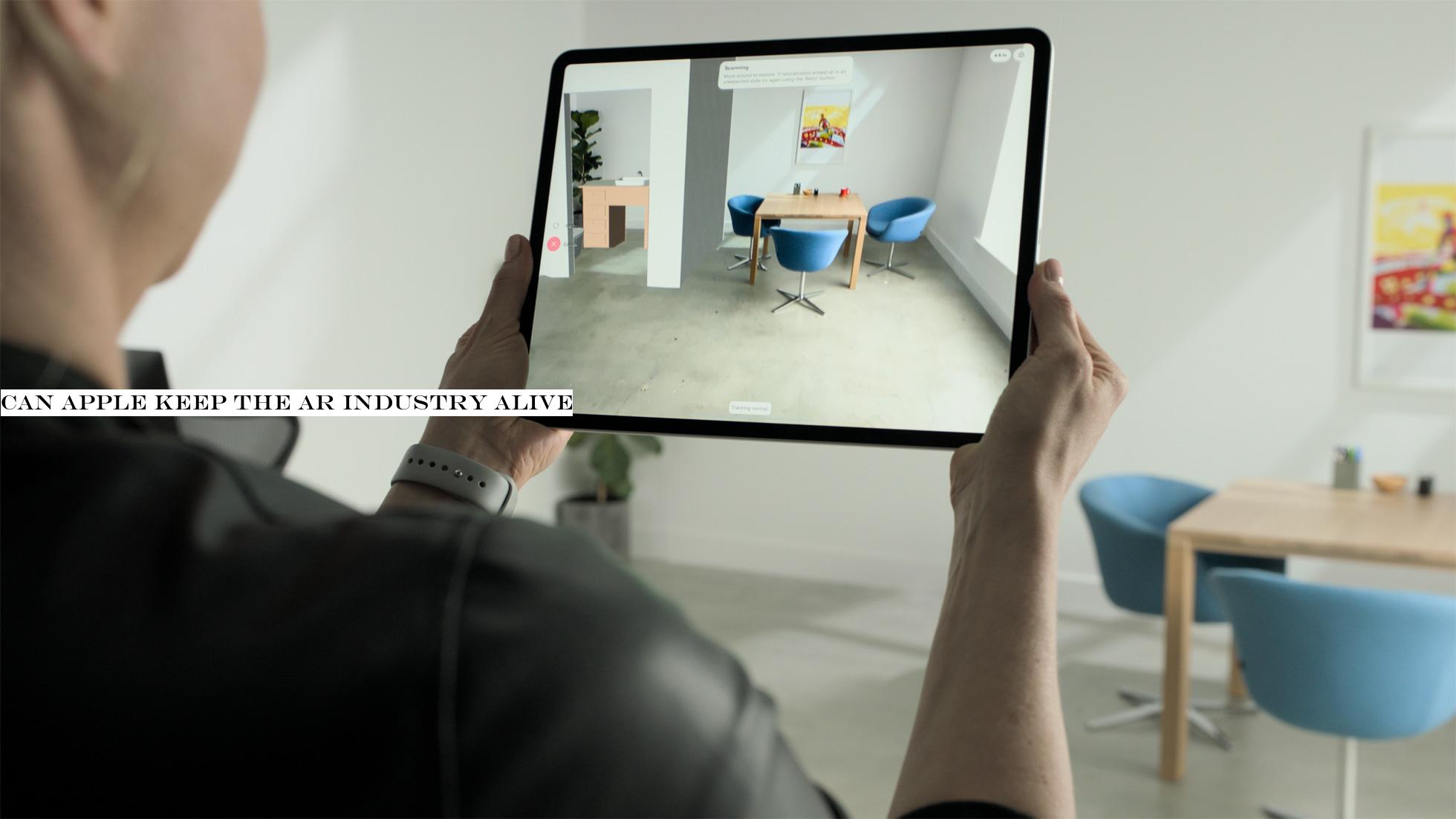Music
Trailers
DailyVideos
India
Pakistan
Afghanistan
Bangladesh
Srilanka
Nepal
Thailand
StockMarket
Business
Technology
Startup
Trending Videos
Coupons
Football
Search
Download App in Playstore
Download App
Best Collections
Technology

It was another brutal day on Wall Street as investors continue to come to grips with the new economic realities imposed by the COVID-19 outbreak in the U.S. Both the Dow Jones Industrial Average (DJIA) and the S-P 500 are scraping near their lowest point in the last three years, brushing their lowest numbers since the inauguration of President Donald J. Trump. The Nasdaq, while not down quite as sharply, is also following the the pack downward.
It seems thereno herd immunity from a dark fiscal prognosis.
And another Presidential news conference invoking powers not called upon since the days of the Korean War did nothing to calm nervous investors. So the song remains the same, lots of volatility and no safe haven.
Here&re the numbers from the major American indices, as they wrapped the day:
- DJIA: plummeted, 1,334.86, or 6.29%, to 19,902.52
- S-P 500: slumped 130.88, or 5.17%, to 2,398.31
- Nasdaq Composite: sunk 344.94, or 4.70%, to 6,989.84
Adding in other assets, SaaS and cloud stocks were off 4.4% on the day, making them better than other tradable equities on the day, though they have, at times, taken worse hits than the broader market itself. Cryptocurrencies and other digital tokens are largely flat, having broken their fever and plateauing, at least temporarily.
A good question at this point is what good news would look like thatsufficient to begin to rectify the situation; strong employment numbers would help, but with recent reporting concerning mass layoffs around the country that seems unlikely. Government stimulus is helping, but, again, not enough to keep the markets up.
In short just as it was hard to parse out what the bad thing would be that would trigger an inevitable selloff, ithard to pinpoint what might set things right.
- Details
- Category: Technology Today
Read more: The Dow and S P near three-year lows, Nasdaq falls as well, and treasuries are no haven
Write comment (92 Comments)I&m not sure how many days we are into this &15 days& thing. Frankly, I&m not really sure what day of the week it is. As we collectively lose our grip on reality and socialization and increasingly turn to technology to cope, a number of meditation apps are offering up content free to help folks recenter as we push to shelter in place.
Headspace was among the first to offer a plan. The popular app announced that it would be making its premium tier free for &all US healthcare professionals who work in public health settings,& a nicenod to the first-responders who are among the hardest working and most emotionally wiped amid the pandemic.
Interested parties who qualify can redeem free access to Headspace Plus through the end of 2020 by entering their National Provider Identifier (NPI) and email address on the servicesite.
Simple Habit this morning announced free premium memberships for &all people who are impacted by the pandemic and can no longer afford to pay.& Those who qualify need only email help [at] simplehabit.com and note that they&re in a precarious financial position due to the pandemic. Access includes free meditation collections through the end of April.
Calm CEO Michael Acton Smith told TechCrunch that the company is currently exploring ways it might help a strained community. In the meantime, the service is making a number of meditations available for free to users.
A number of yoga studios and exercise applications are offering similar services for those who are housebound.

- Details
- Category: Technology Today
Read more: Meditation apps offer free mindfulness, as social distancing takes a toll
Write comment (94 Comments)
While Hillary Clintoncomments about Bernie Sanders (&Nobody likes him&) have prompted more headlines than anything else in Hulu&Hillary,& therea lot more to learn from the documentary.
Over the course of four-plus hours, &Hillary& traces Clintonlife and career, with a particular focus on the 2016 election — both the combative primary with Sanders and then the shocking loss to Donald Trump. It is, fundamentally, a sympathetic portrait, drawing on extensive interviews with Hillary and Bill Clinton, as well as friends, colleagues, family members and journalists.
The documentary acknowledges that Clinton has been criticized throughout her time in public life, but it usually (and convincingly) suggests that many of her detractors are motivated by good old-fashioned misogyny. And while it can be hard to watch at times, it ends on hopeful note.
We review &Hillary& at the end of a packed mid-week episode of the Original Content podcast, which also includes a big reality TV catch-up, followed by a discussion of how the coronavirus pandemic is affecting TV production and movie distribution.
You can listen in the player below, subscribe using Apple Podcasts or find us in your podcast player of choice. If you like the show, please let us know by leaving a review on Apple. You also can send us feedback directly. (Or suggest shows and movies for us to review!)
And if you&d like to skip ahead, herehow the episode breaks down:
0:00 Intro 1:26 &Big Brother& coronavirus reveal 9:03 &The Bachelor& discussion (spoilers) 26:52 &Love Is Blind& follow-up (spoilers) 38:23 Coronavirus and TV production 41:58 Movie theater closures/streaming releases 48:02 &Hillary& review
- Details
- Category: Technology Today
Founders face many trials and tribulations when building their companies, from fundraising woes to visa challenges to product failures to company failures.
And according to Kari Sulenes, &almost everybody who has built a company has a burnout story.& Her startup, Atlas, connects venture firms and startup founders to specialized therapy sessions. Plus, it views the silver linings of burnout stories: &Therealso a large number of people who have a burnout story who have an impact story that comes out of it.&
More recently, as a response to the coronavirus outbreak, the company was hired by a number of venture capital firms to provide mental health services to portfolio companies. The uptick in business — that is, clients looking to provide founder-specialized therapy during uncertain times — makes Atlas projected to double its estimated revenue this year.
We&ve interviewed VCs that, in the wake of the novel coronavirus disease, have told their startups to hold off putting excessive capital to work. Others said to keep your head down and work on the product. And some that say it is business as usual until the dry powder dries up.
Beyond business economics, mental health remains largely unaddressed from the slew of issues that founders struggle with, oftentimes alone and in private. Atlas& utilization sheds light on how the tech industryfinancial arm is prioritizing health.
Itjust one data point, but itan important one, nonetheless.
Starting this week, Atlas is launching a small group founder program with the following firms: Primary VC, Corigin Ventures, SoGal Ventures, Spero Ventures, Lerer Hippeau and Crosscut Ventures.
Atlas is also working with the venture capital firm it spun out from in the first place: AlphaBridge VC. Sulenes, the founder and executive director, noted that while these firms were in prior communication with Atlas, the outbreak helped increase their business with the company (in other words, the world ending inspired the firms to bring its mental health resources out to its portfolio founders).
Atlas in action
Herehow small group sessions for founders will shape up: Atlas will hold a virtual group program that connects six to eight founders, mixed between all the portfolios of client venture firms with a minimum commitment of six months. Each small group will meet twice a month for one and a half hours, and it will be facilitated by a trained life coach. From there, Sulenes says, there is not much structure.
&Founders can&t bring [anxiety] to their company, they have to hold steady and strong,& she said. &We are the place they can have their freak out that they can&t have every other place.&
The small groups will be created by a three-interview process led by Atlas. Sulenes noted that she matches groups based on stage of company, plus goals and personality structure &so the people who want to go deep and talk about existential problems& can. Others, she said, might want to keep it to business impact.
Atlas &anti-matches& on sectors so there aren&t competitors in the same group. The company also has an offering in which it embeds a coach in a company to work with employees, executives and managers for mindfulness and development.
Before the outbreak, Atlas relied simply on word of mouth.
&We are different from coaching firms who are charging a lot of money and looking to be seen as experts — we are who we serve,& Sulenes said. There are no clinical psychologists within Atlas, but there are individuals who are trained to be life coaches.
Sulenes says that the team was thankfully &at scale& for massive interest with a group of trained coaches on deck. Right now, due to the pandemic, the startup is offering any founder a preliminary conversation, free of charge.
Of course, the startup has had to respond to the novel coronavirus outbreak in-house as well. While the meetup is usually done in person, Sulenes said that the small groups will be done virtually. Next week, they&re having a free event for group coaching — it is titled Homeostasis Happy Hour.

- Details
- Category: Technology Today
Read more: VC firms offer group therapy for founders due to the COVID-19 outbreak
Write comment (96 Comments)
Augmented reality still has Apple enthusiasm behind it, but can that keep the whole industry afloat?
On Wednesday, Apple debuted a new iPad Pro, the hallmark feature of which was a lidar time-of-flight sensor baked into the camera, which is designed to make augmented reality experiences more realistic and immersive. For most potential users, the inclusion is something of an oddity. Consumer AR apps are few and far between, and Apple has also been slow to bring AR functionality into its own stock apps.
For the AR industry, the hardware inclusion amounts to an industry gift, signaling once again that Apple is still committed to making an augmented reality future happen.
The companyARKit development platform has brought out some interesting use cases, but app developers have scored few resounding victories. The reasons why increasingly seem to have little to do with individual technical features of the development platform or camera hardware. Apple can keep improving both, but without some concerted integrations of AR functionality into the core of iOS or iPadOS, itunclear whether these little developer-focused feature bumps will make a dent. Consumers just don&t see anything they want yet.
AR startups have already been struggling and hardware efforts have largely cratered. The software platforms have had some success building what Apple hasn&t or won&t for niche enterprise customers, but as the economic realities shift, all bets are off.
- Details
- Category: Technology Today
Read more: Can Apple keep the AR industry alive
Write comment (96 Comments)Detroitbig three automakers are to shut down all factories due to fears over the coronavirus. Details are still in the works and will be announced shortly.
Over the last few days, United Auto Workers has been pushing the automakers to shut down their factories over concerns of worker safety. UAW President Rory Gamble sent a letter calling on the automakers to shut down for two weeks. Itunclear if this pressure had any effects on the automakers& thought process.
Ford and FCA said they intended to only suspend operations at several Michigan-based plants. Early today, Honda announced it was pausing all operations at its 12 North American factories, including transmission and engine plants in Ohio, Indiana, Alabama, Canada and Mexico. Ford and GM followed several hours later. Now, in the afternoon, FCA also decided to close its factories.
At this time it seems the automakers are focusing on manufacturing and assembly plants. Most automakers had already instituted a work-at-home plan for office workers.
Along with these factories owned by major automakers, third-party suppliers will be affected, as their parts will no longer be needed. Itunclear how many workers will ultimately be affected by these closures.
Tesla is reportedly working through shelter-in-place mandates. Early today, TechCrunch published an internal Tesla memo detailing employee instructions for its Fremont-based factory.
It read, in part, &There are no changes in your normal assignment and you should continue to report to work if you are in an essential function: production, service, deliveries, testing and supporting groups as discussed with your manager.& Teslamanufacturing employees, unlike the big three Detroit automakers, are not represented by the United Auto Workers.

- Details
- Category: Technology Today
Read more: GM, Ford and FCA shutter all North American factories over coronavirus fears
Write comment (91 Comments)Page 1170 of 1418

 7
7





